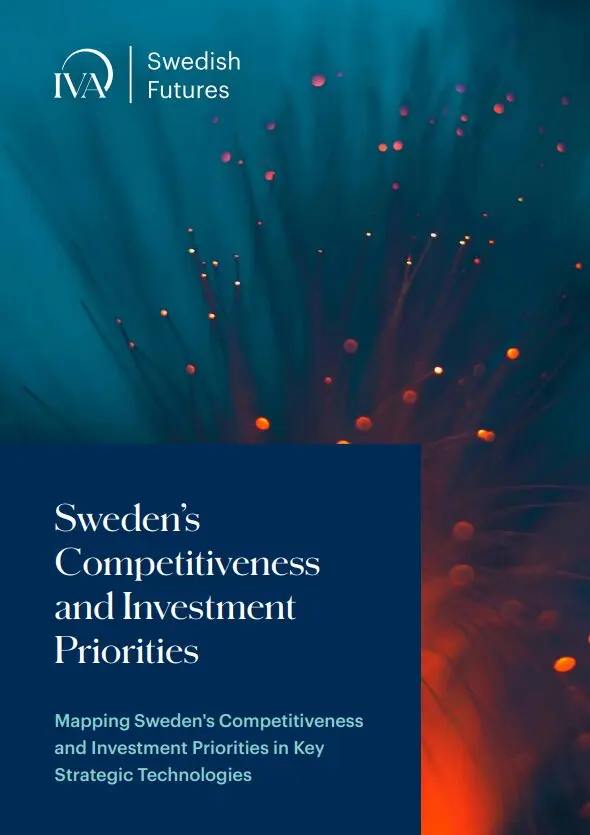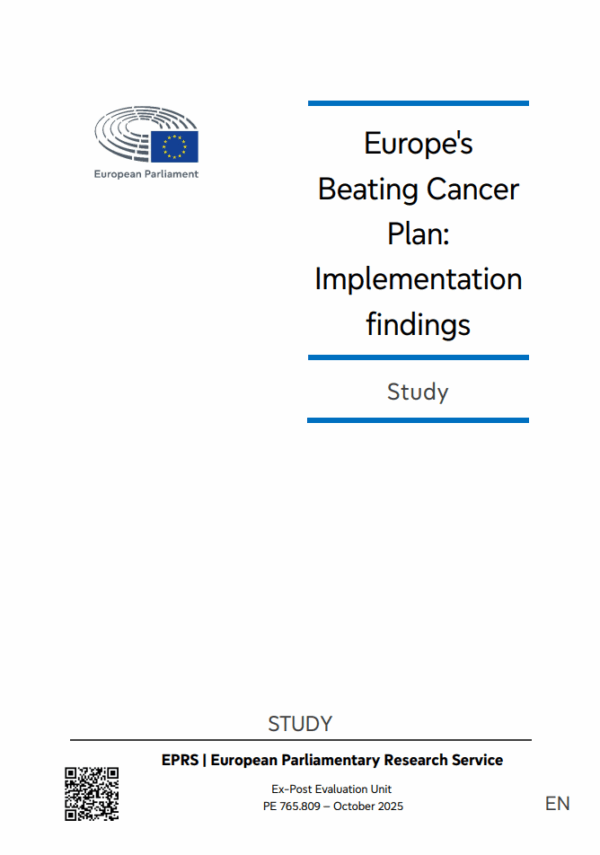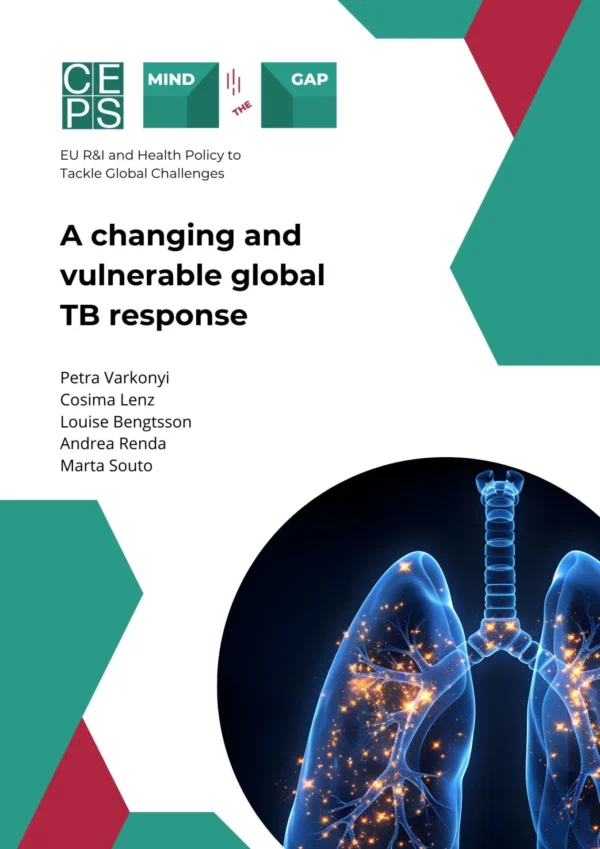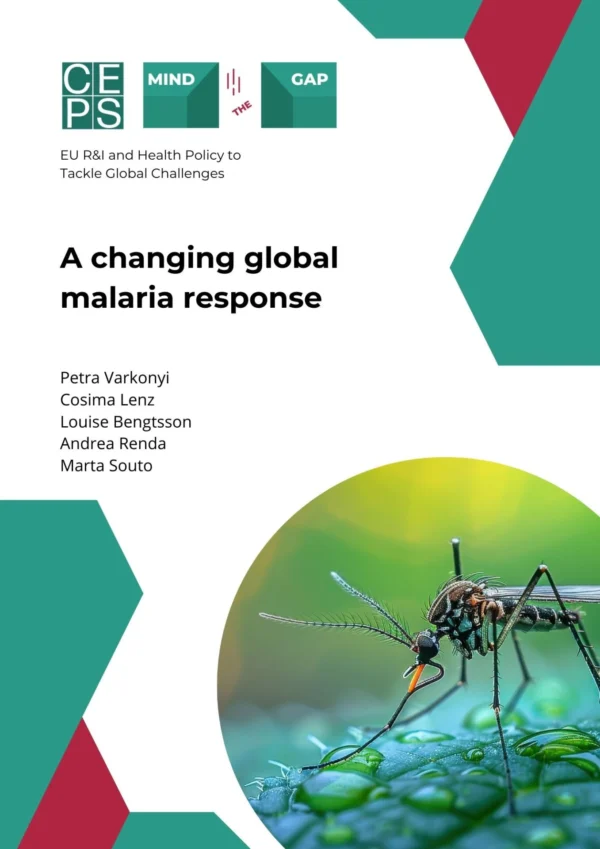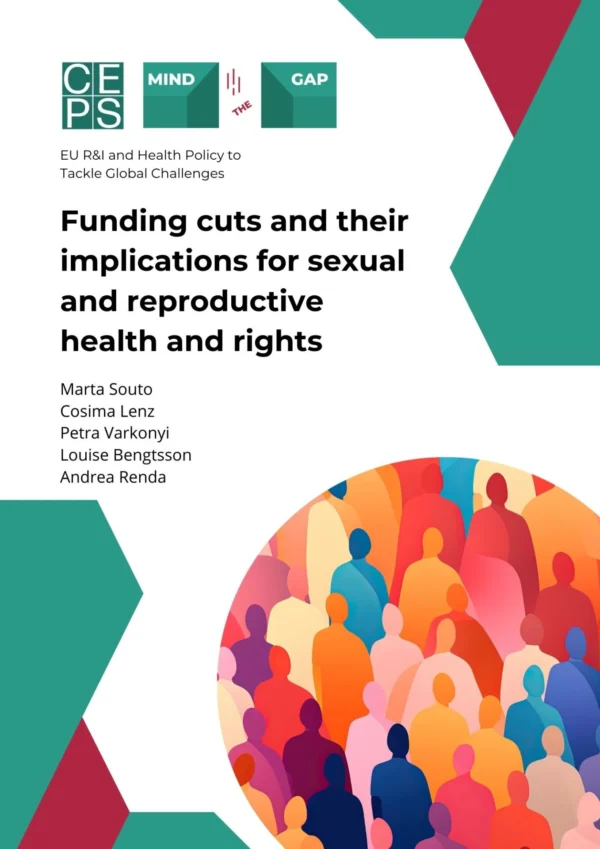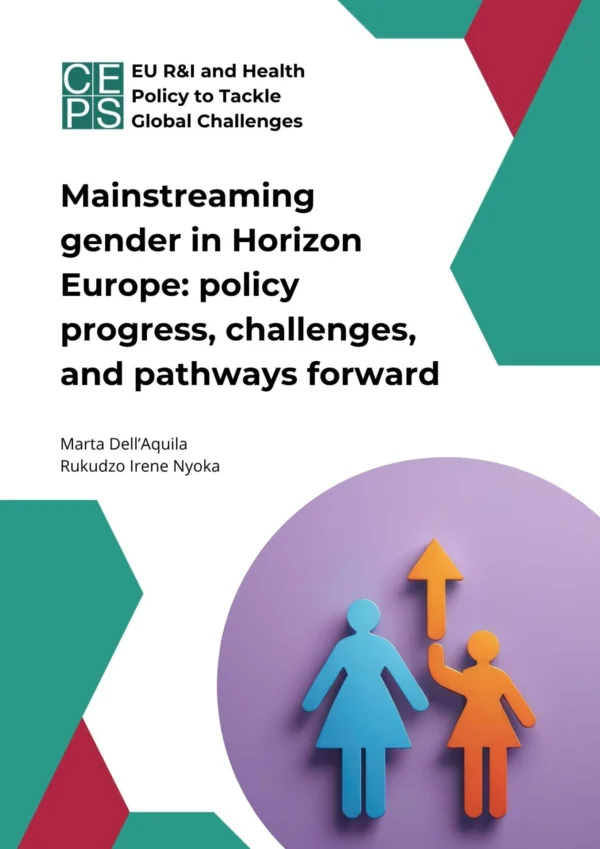CEPS was a partner in a major study commissioned by the European Commission on the structures of excise duty on alcohol and alcoholic beverages. The study first presents a baseline assessment of a series of issues emerging from a previous evaluation of the Directive and analyses how these problems may evolve if no EU action is taken. Secondly, the study formulates a set of possible policy options to address these problems, assesses their likely impacts (legal certainty, market functioning, administrative costs, tax revenues, alcohol control policies, fraud, etc.) and compares the outcome with the baseline situation. The main issues analysed include the uncertainties in the excise duty classification of certain new ‘borderline’ products; the functioning of Article 27 concerning the exemptions extended to denatured alcohol; the reduced rates applicable to low-strength alcoholic beverages and to small producers; the exemption for private production and home consumption; and the disparities of methods for measuring the Plato degree of sweetened and flavoured beer. The underlying evidence is based on the triangulation of in-depth interviews with stakeholders from the member states, the results of an open public consultation online, a quantitative analysis of the market and a review of other literature and documentary sources.
The report can also be downloaded from the European Commission’s website at https://ec.europa.eu/taxation_customs/publications/studies-made-commission_en
Download Key Findings and Executive Summary here.
Authorship: Tommaso Grassi, of Economisti Associati, acted as Team Leader for the study. Martin Kuehnemund (Ipsos), Giacomo Luchetta (Economisti Associati) and Felice Simonelli (CEPS) all contributed as co-authors of this substantial work.The CEPS team working on the study was led by Felice Simonelli and included Jeanne Metivier and Leon Freytag.?



